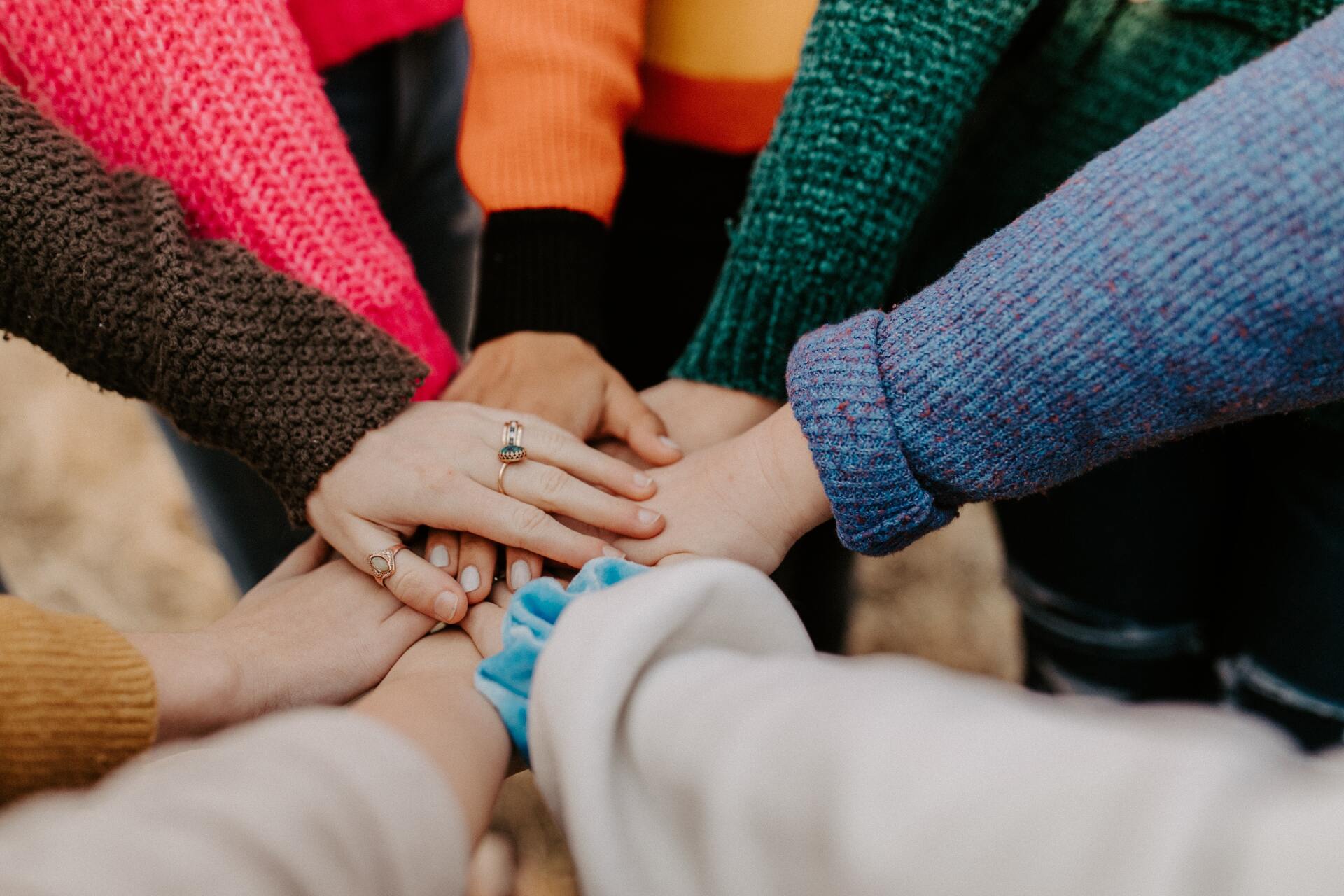For Me, Self-love And Healing Began At Home
Community played a vital part in healing, writes Ishita Tewari

We all have stories inside of us. A mix of happy and sad memories. Acceptance is a big part of these stories. As writers, we are often told to put down our emotions and feelings into writing, especially ones that we are unable to express verbally. So, today, I will try.
This is what my mental health journey has looked like: As a school kid, I was often told I was not good enough. I did not know how to react or what to make of these remarks. I had started to internalize these comments. I used to really believe that I wasn’t good enough, then. Self-doubt engulfed my mind. I was always anxious.
But I also believe, today, that I am the master of my mind. That’s what has brought me to the other side of fear. To the feeling that I am worthy and can make a difference. The 2020 lockdown was another trigger point that not only worsened these feelings of inadequacy but also made me question my identity. It was during this time I started taking therapy. Acceptability comes when you are ready for the change and I was: added to other triggers was loneliness and grief — the recent loss of a grandmother was hard to overcome.
One day, I hit the point of inflection. On 15th April 2020, I began a journey of self-love and started loving myself before anything. And at the core, the driving force was my actions for fitness. I made fitness an intentional part of my daily schedule. I meditated to connect with my inner-self. Yoga helped me learn emotional regulation.
Everything they say about emerging a stronger person from adversity is true. However, in this journey, we often neglect to mention the role of family and friends. They always had words of encouragement and motivation for me.
Even as a silent presence, they were steadfast through all my challenges, cheering me on my positive changes and steps, standing by my side to catch me if I fall. We don’t emphasize it strongly enough: community, family, friends…these groups make us whole as a person. When we know we can count on them when we have encouraging forces around, that’s when we begin to heal.
Alone, we can try to pick up the pieces. But we begin to heal when we have a safe space, a safe harbour in our people.
My journey to mental wellness would not be possible without the support of my closest allies.
Written by Ishita Tewari
Ishita Tewari has been working as a development communication practitioner for the last three years. Presently she is working with IPE Global as a Communication Specialist. She has done her master’s from Jamia Millia Islamia in Development Communication.
Featured Photo by Hannah Busing on Unsplash


